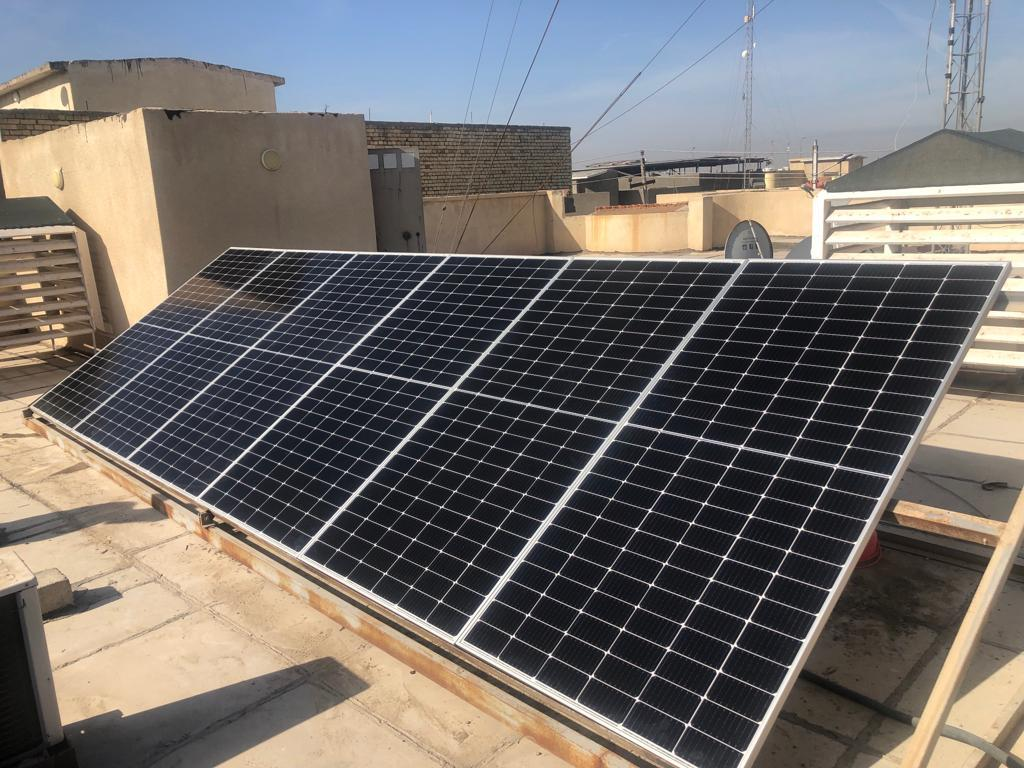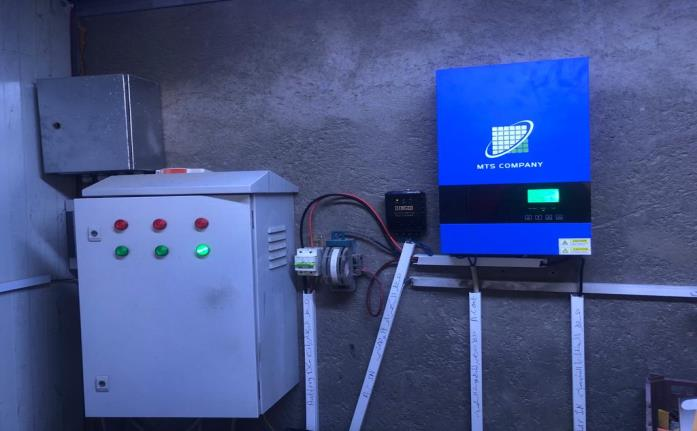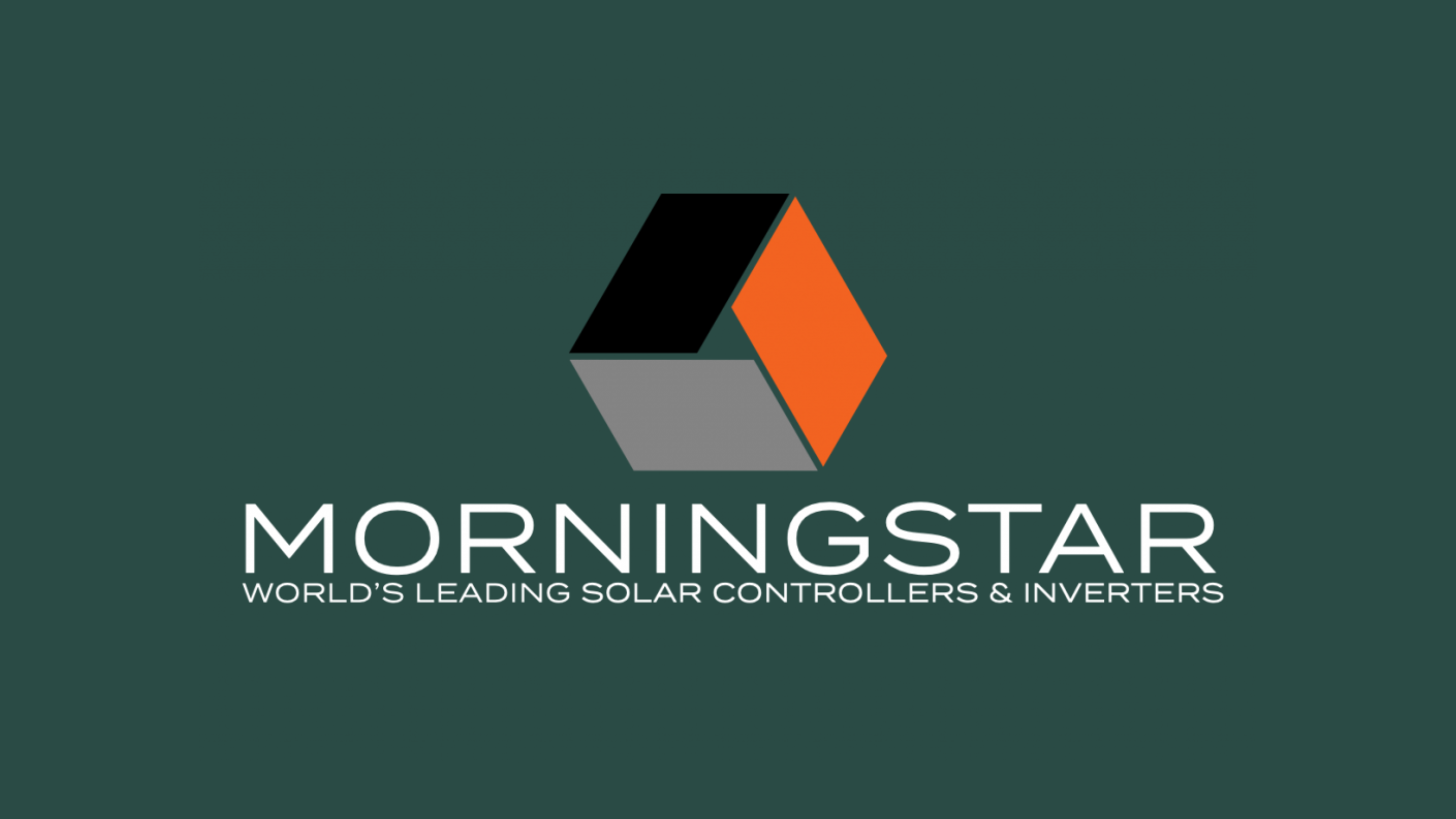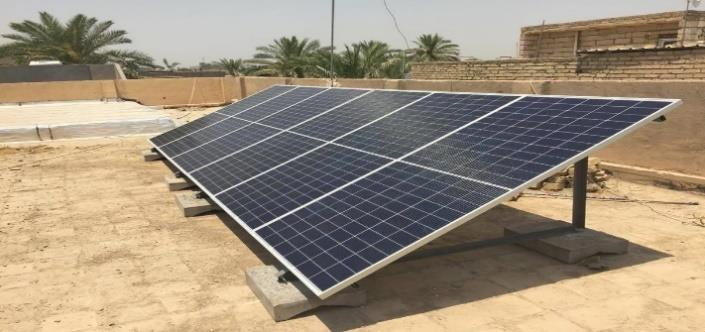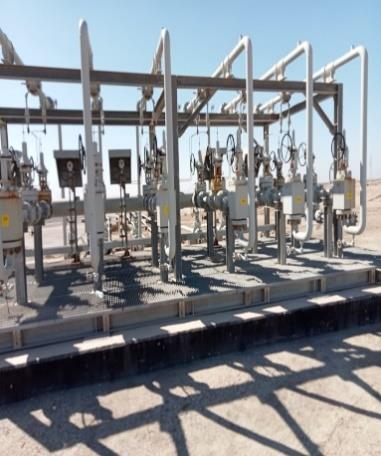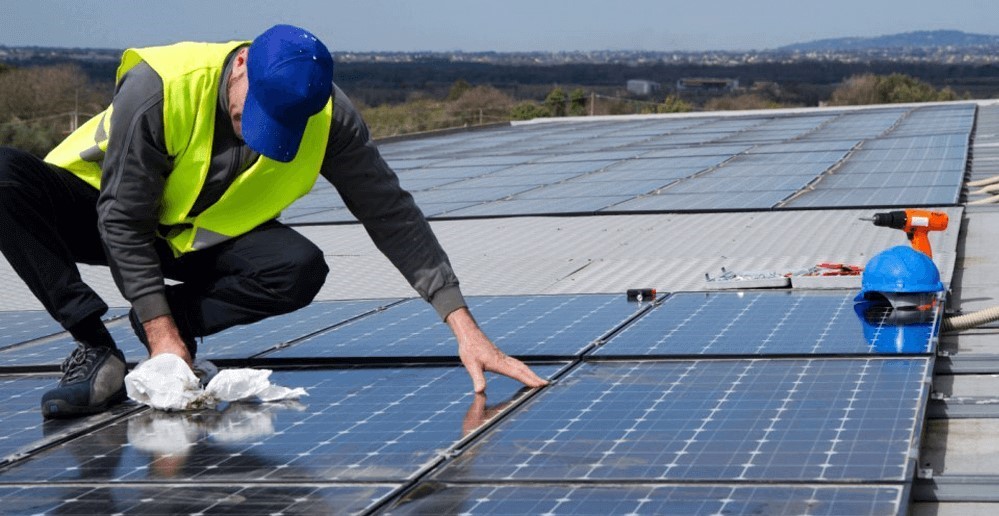
Driving the transition to a clear, greener future
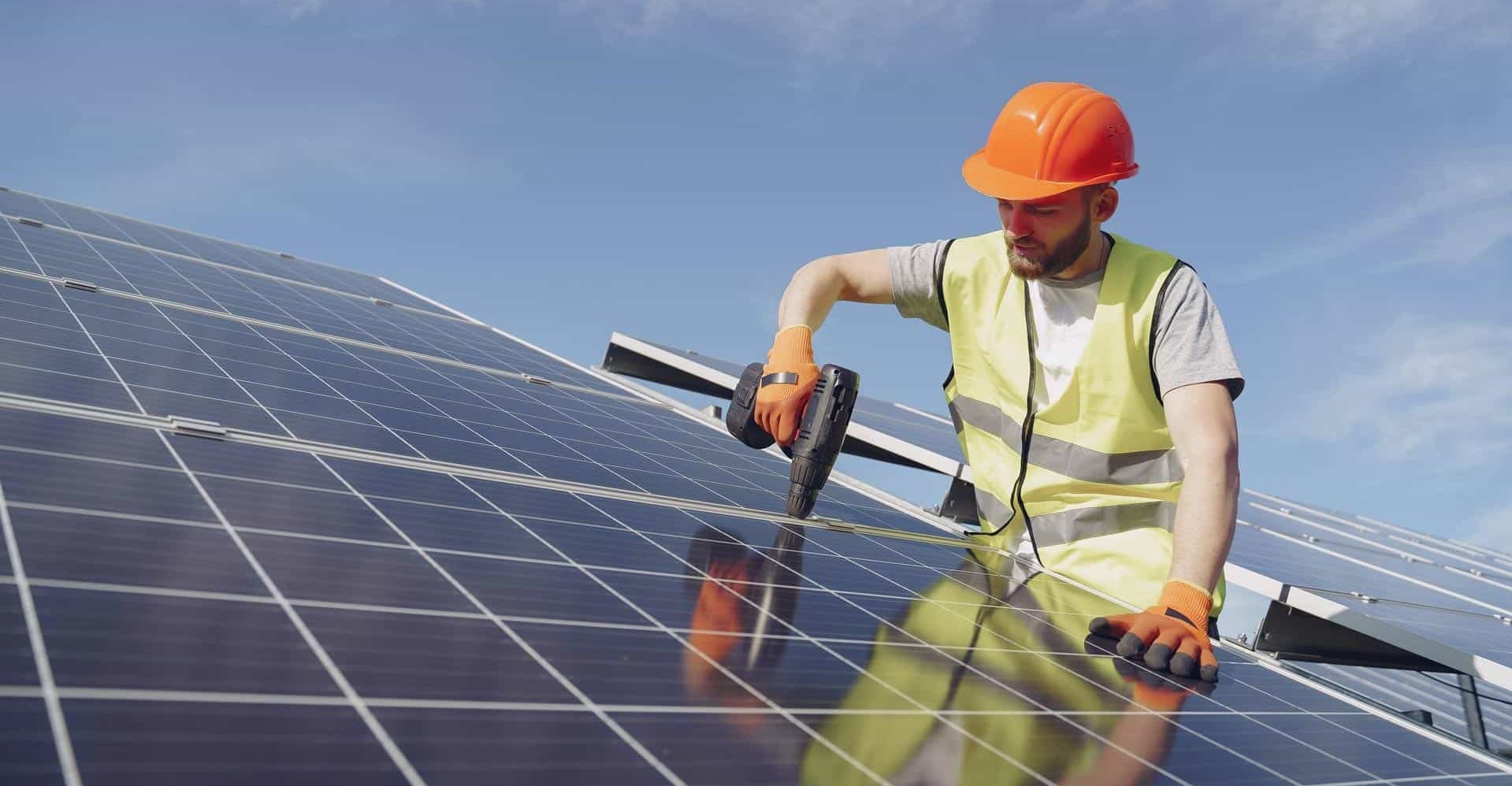


Solar energy is a sustainable and low-cost source of electricity. By installing a solar power generation system on the roof of your facility or car park, you can reduce the energy bills you pay by harnessing the natural energy of the sun.
 1
1
Survey & analysis
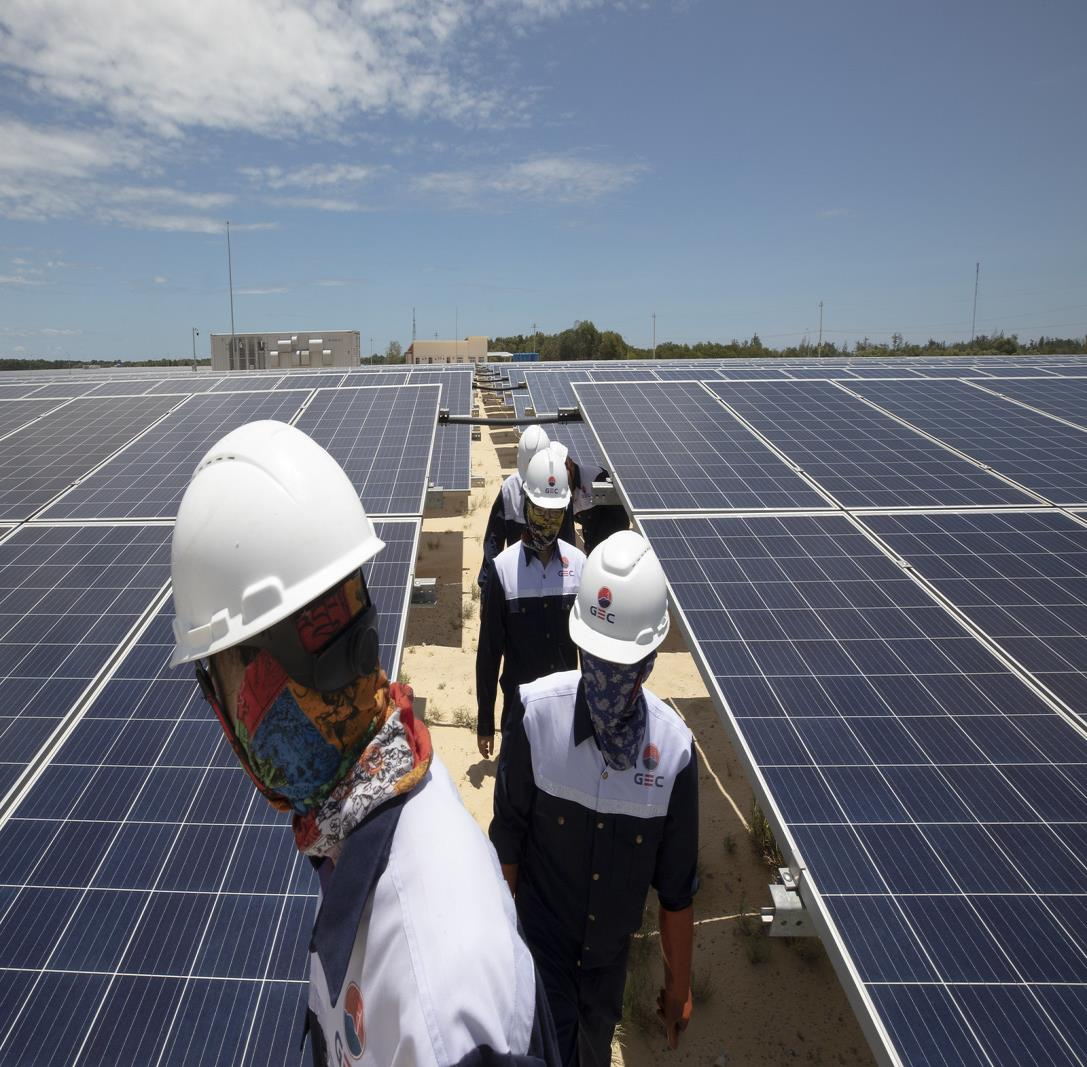 2
2
Turnkey offer
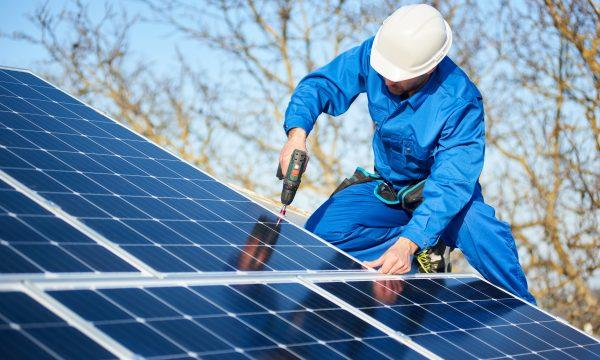 3
3
Supervised install
 4
4
Reliability & reporting
Milestones and projects
